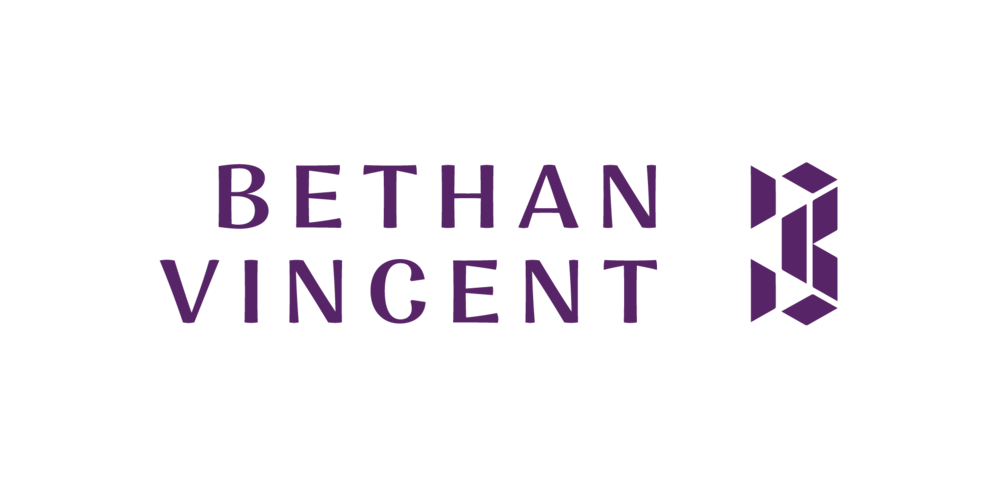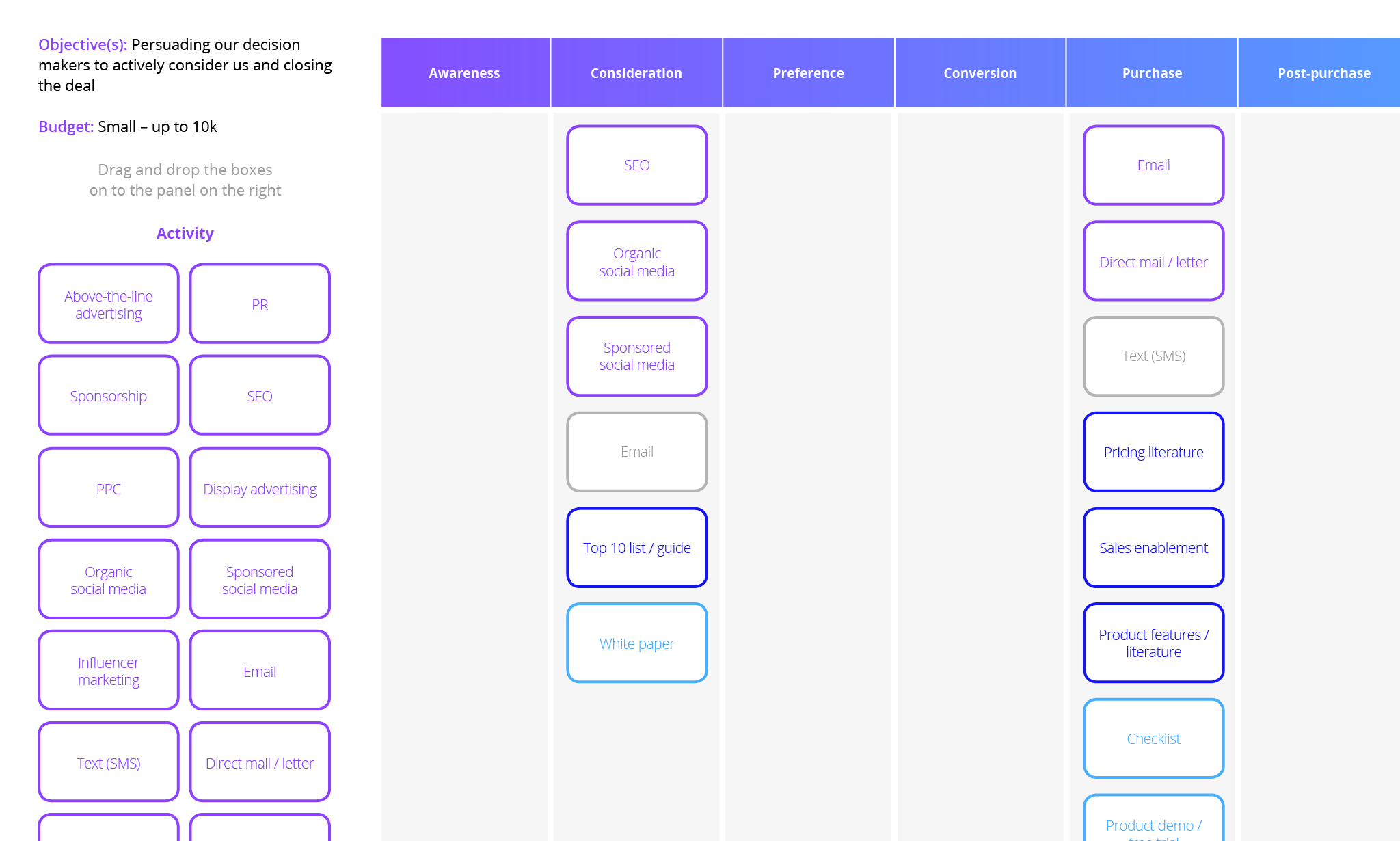The marketing software ecosystem has drastically grown over the last five years. On any given day I probably use at least 10 different platforms to help with everything from project management and communications to analytics and campaign management.
Despite the plethora of choice, there are still gaps in the market for well-executed SaaS platforms which solve acute marketing pain-points.
In this interview I chat to Emma Westley, founder of immerj, a platform designed to help start-ups with their marketing plans and strategy.
Thanks for sharing your story! So what inspired you to start immerj?
A couple of different things actually. First of all, seeing lots of marketing teams make the wrong decisions on what activities to do and jumping straight to tactics without even a little bit of planning. And second, talking to marketers and start-up founders who were overwhelmed by all the options out there and who needed an easy way through all the noise.
Finally, a bit of a hankering to try building something myself – just for the sheer experience, there’s nothing better when you want to refine your skills in product management and growth!
Can you tell us a bit about your wider background?
So I’ve spent about 15 years in marketing – eek! Pretty much all b2b and tech, but in a variety of different sized companies, and both agency and client side too.
This mix has given me a really unique view on what aspects differ between, say, an Enterprise company and a start-up, but equally, the challenges that are the same, especially when it comes to marketing. And working agency side is a really good foundation – I’d recommend everyone do it as the skills you learn in terms of budgeting and project management are invaluable.
Planning and strategy are often overtaken by a focus on short term tactics in my experience – why should startups have a marketing strategy?
Gosh, a number of reasons. First of all, it gets you clear on your target audience and then what your approach is going to be to reach that audience. And second, it gives you a really solid foundation for your brand, your content, all the more intangible things that go into marketing.
I think the biggest problem with planning and strategy are the words themselves! They scare people! They conjure up ideas of complicated, tedious and long work. But actually, it could take the form of a short half day workshop just to get started – it doesn’t have to take that long if you know what steps to do and the frameworks to use.
How did you build the platform?
Well I built the MVP in Bubble, the low code solution. But the vision I had for the product quickly went beyond the capabilities there and so I eventually outsourced the development to an agency in order to build it in PHP. That said, the agency have done a great job building in a CMS that enables me to update lots of components myself. And then on top of that, I do all the website stuff myself in WordPress and the communication side of things in Mailchimp. Nothing too complicated just yet!
What are your future ambitions for yourself and the business?
I’d love to see more start-ups leveraging the tool and saving money on their planning – as well as learning that planning doesn’t have to be that cumbersome! My challenge at the moment is that, like a lot of bootstrapped companies, I’m juggling freelance work with immerj and so never really getting enough time to do it justice. The irony of being a marketer myself but then not spending enough time on my own marketing! But we shall see, hopefully that balance will change over time, I just have to be patient!
What’s been the most difficult thing about building immerj so far?
Definitely not having the right coding skills. I know no or low code is really taking off now but it still has its limitations and you have to spend an awful lot of time digging deep and testing how things work. I’ve loved working with the agency and they are great, but of course this costs money, and every time I want to do even a small update, it’s frustrating not being able to do it myself. I have to just accept that I’m the marketer with the idea, not the programmer!
Finally, what would your advice be to marketers feeling paralysed strategically by our current period of uncertainty?
It’s really difficult to see a path through things at the moment – I went through the last recession, including losing my job and trying to rebuild my career! But this is different because of the circumstances and the fact that it’s so global. The best thing we can all do is focus on what will happen when things start to get back to normal, and plan for that day.
For marketers, it also means taking another look at your value proposition – if it’s one that honestly still resonates in the current climate, then leverage that, albeit sensitively! If it’s not, then rethink it or just wait it out, and plan for when things will get back to normal. It’s actually a great time to ‘get strategic’ – if things for your business are a bit quieter, then take the opportunity to do some deep thinking, especially on your daily walk in the fresh air!





























